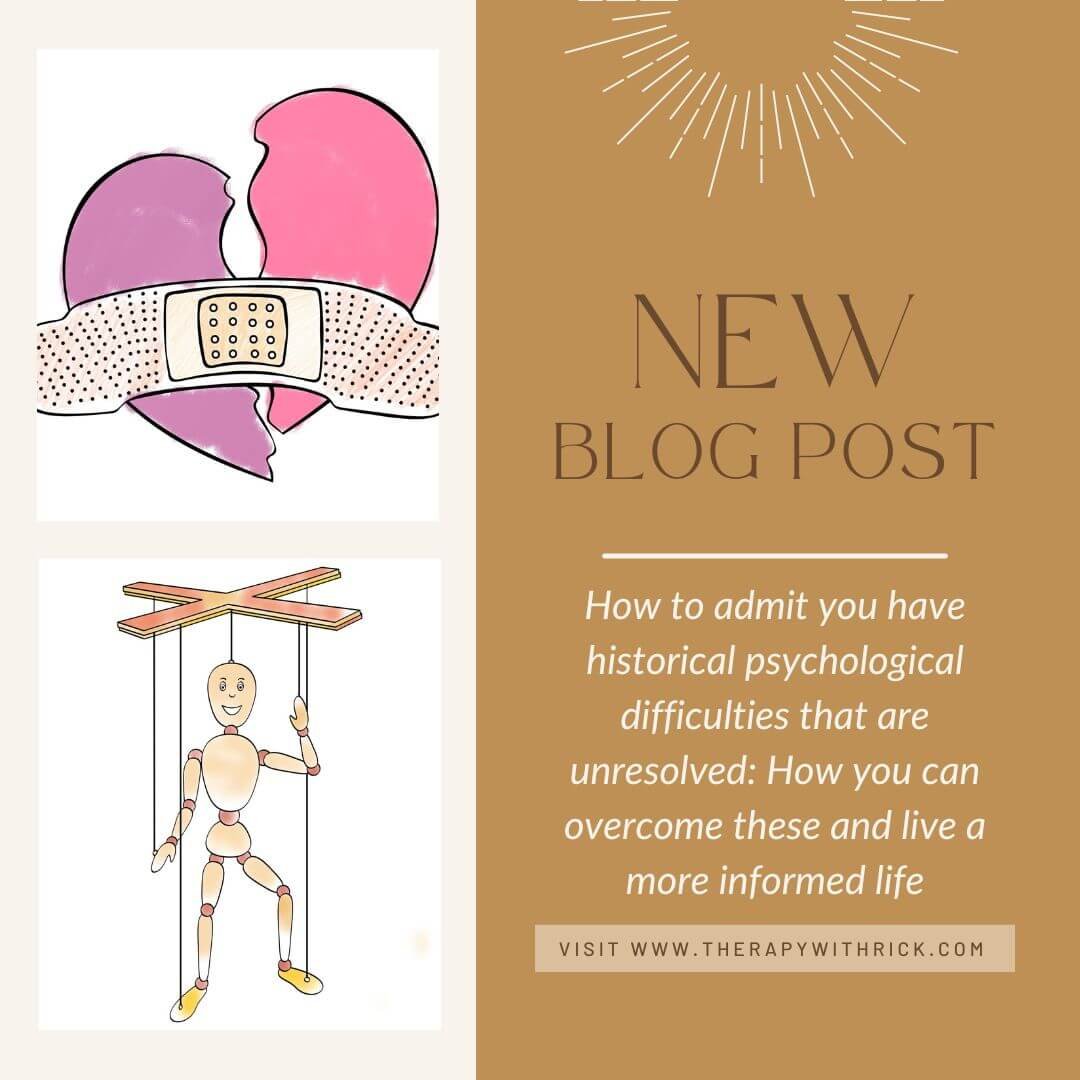How to admit you have historical psychological difficulties that are unresolved: How you can overcome these and live a more informed life
Admitting to unresolved psychological difficulties from your past can be a daunting and emotional journey. However, acknowledging these issues is the first step towards healing and living a more informed and fulfilling life. Here’s how you can navigate this process with compassion and courage.
Understanding Historical Psychological Difficulties
Historical psychological difficulties often stem from unresolved trauma or adverse experiences in our past. These can range from significant events like abuse or loss to smaller, yet impactful, experiences such as bullying or neglect. These experiences can shape our behaviours, emotions, and relationships in profound ways, often without us even realising it.
Recognising the Signs
The first step in addressing unresolved psychological difficulties is recognising the signs. These might include persistent feelings of sadness, anxiety, or anger, difficulties in relationships, or physical symptoms like chronic pain. Understanding that these feelings and symptoms might be linked to past experiences can be enlightening and empowering.
Admitting to Yourself
Admitting to yourself that you have unresolved issues is a courageous act. It involves being honest about your feelings and experiences, even if they are painful. Journaling can be a helpful tool in this process, allowing you to explore your thoughts and emotions in a safe space.
Seeking Professional Help
Professional help can be invaluable in addressing unresolved psychological difficulties. Therapists and counsellors are trained to help you navigate your past and understand how it affects your present. They can provide you with tools and strategies to process your experiences and heal from them.
Building a Support System
Having a support system is crucial when dealing with unresolved psychological difficulties. Friends, family, or support groups can offer emotional support and understanding. Sharing your journey with others can make you feel less alone and more supported.
Practicing Self-Compassion
Self-compassion is essential in this journey. Be kind to yourself and acknowledge that healing takes time. Celebrate your progress, no matter how small, and remind yourself that it’s okay to seek help and take care of your mental health.
Creating a Coherent Narrative
Creating a coherent narrative of your life can help you make sense of your experiences and how they have shaped you. This involves reflecting on your past, understanding your feelings, and integrating these insights into your present life. This process can lead to greater self-awareness and emotional resilience.
Moving Forward
Moving forward involves integrating the insights and tools you’ve gained into your daily life. This might include practicing mindfulness, setting healthy boundaries, and continuing to seek support when needed. Remember, healing is a journey, not a destination.
Book your free intro session
Admitting to and addressing unresolved psychological difficulties is a brave and transformative process. By recognizing the signs, seeking help, building a support system, and practicing self-compassion, you can overcome these challenges and live a more informed and fulfilling life. Remember, you are not alone, and it’s never too late to start your healing journey.
